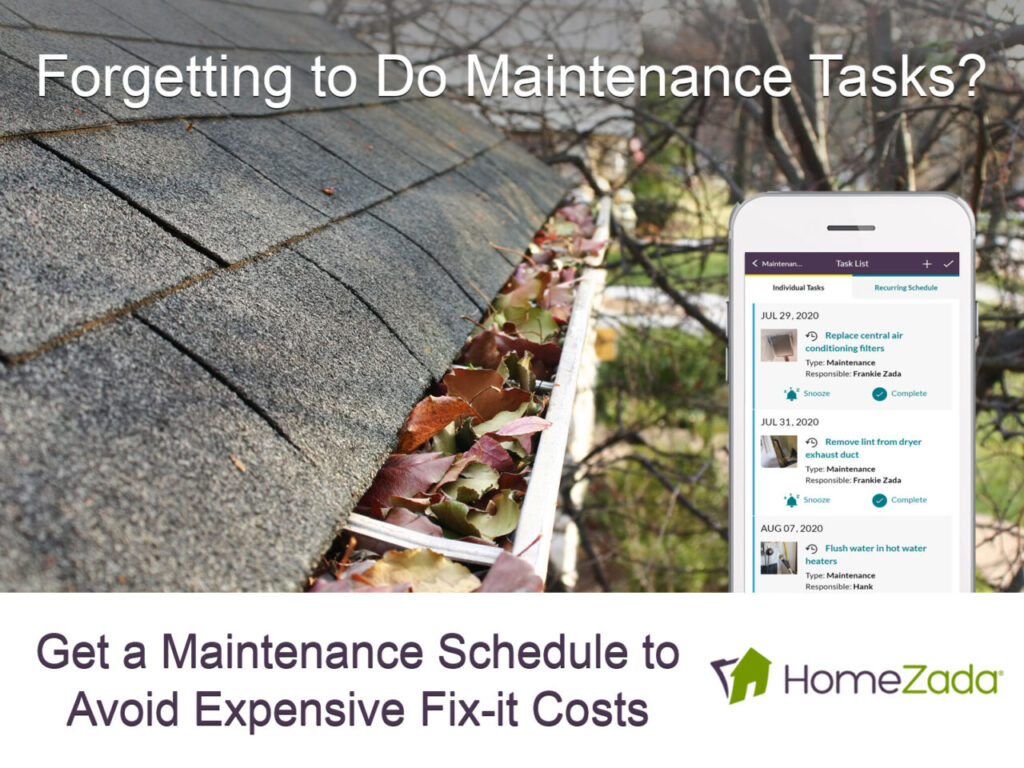The U.S. Department of Energy estimates that air conditioning uses around 6% of all the electricity produced in the country and costs American homeowners a combined $29 billion annually.
Running your central air conditioning can cost you personally $3.84 each day, or more than $115 every month! It’s smart then to ensure your AC unit is functioning as efficiently as possible given the rising cost of energy.
Fortunately, spending a little to maintain your AC won’t make a significant impact on your budget.
For example, you can install a smart thermostat, get regular AC maintenance, and take other measures to prevent your home from overheating during the warmest hours of the day.
With a little more effort, you can maintain comfort levels while also lowering your energy costs.
Here are five tips to make sure your AC runs as efficiently as possible.
1. Turn up your thermostat
One of the easiest and cheapest ways to maximize your air conditioner’s efficiency is to simply raise the thermostat. You won’t have to spend as much money cooling your home if you’re comfortable at a higher temperature.
The financial benefit that comes from just raising your thermostat is something even the best air conditioner can’t beat.
If you haven’t already done it, consider installing a digital or smart thermostat. A digital thermostat can be set to only run while someone’s at home and using the air conditioning.
So you can save money because the AC unit won’t be running while everyone’s gone for the day.
Another benefit of a smart thermostat is that you can change it from a distance. For example, if you know you’ll be home shortly, you can use your smart phone to start cooling so you don’t walk into a house that’s warmer than you’d like.
Some smart thermostats on the market today will even monitor your family’s activity, pick up on your routines, and adjust their settings accordingly.
2. Perform routine maintenance
Regular AC maintenance is one of the best things you can do to improve the efficiency of your HVAC system and prevent malfunctions.
A yearly HVAC tune-up could keep your system in good condition, identify issues before they worsen, and stop unexpected HVAC failures.
While you may change your HVAC filter yourself, professionals should be hired for additional maintenance tasks, including inspecting and cleaning your home’s AC compressor.
Plan your yearly AC inspection early in the spring to be ready for the summer and to avoid the rush of last-minute calls from people who didn’t prepare or who experience HVAC issues.
3. Close Your Curtains
For many individuals, reducing the summertime heat in their homes is a top priority. By doing this, your air conditioner will run more effectively and consume less electricity.
To stop heat from passing through your windows, install blackout curtains, shades, or drapes. Window films are another option.
Alternatively, you can install windows with low emissivity, or low-e. The reflective coating on these windows lets light in while deflecting heat.
4. Insulate Your Duct Work
All that newly chilled air can be heated up on its way to your vents if the ductwork for your HVAC passes through a room that is not air-conditioned.
Insulate your ductwork to prevent heat transfer as the cold air from your HVAC system passes through your home’s ventilation system.
Do your ducts leak? Use duct-sealing tape that has a UL 181 rating to stop leaks. When you have your next HVAC maintenance appointment, you might also want to have your home’s ducts inspected.
5. Use Appliances Wisely
Your oven and clothes dryer are two examples of machines that can heat up your home’s interior and drive up your cooling expenses.
Avoid using your oven or clothes dryer during the hottest part of the day to reduce the impact they’ll make on your cooling system. For optimal energy efficiency use these appliances at night when it will be easier for your unit to keep your home cool.
While you’re about it, check to make sure there aren’t any bulbs or other heat-producing devices next to your thermostat.
Your AC unit can be “tricked” into thinking your home is warmer than it actually is if there are lamps and other appliances that warm the air near your thermostat. Which means it will cause your AC unit to come on more often than it otherwise would.
Combine some or all of these tips and see how much you can drop your cooling bill while also enjoying a cooler home.
Top Ways to Increase Energy Efficiency in Older Homes


